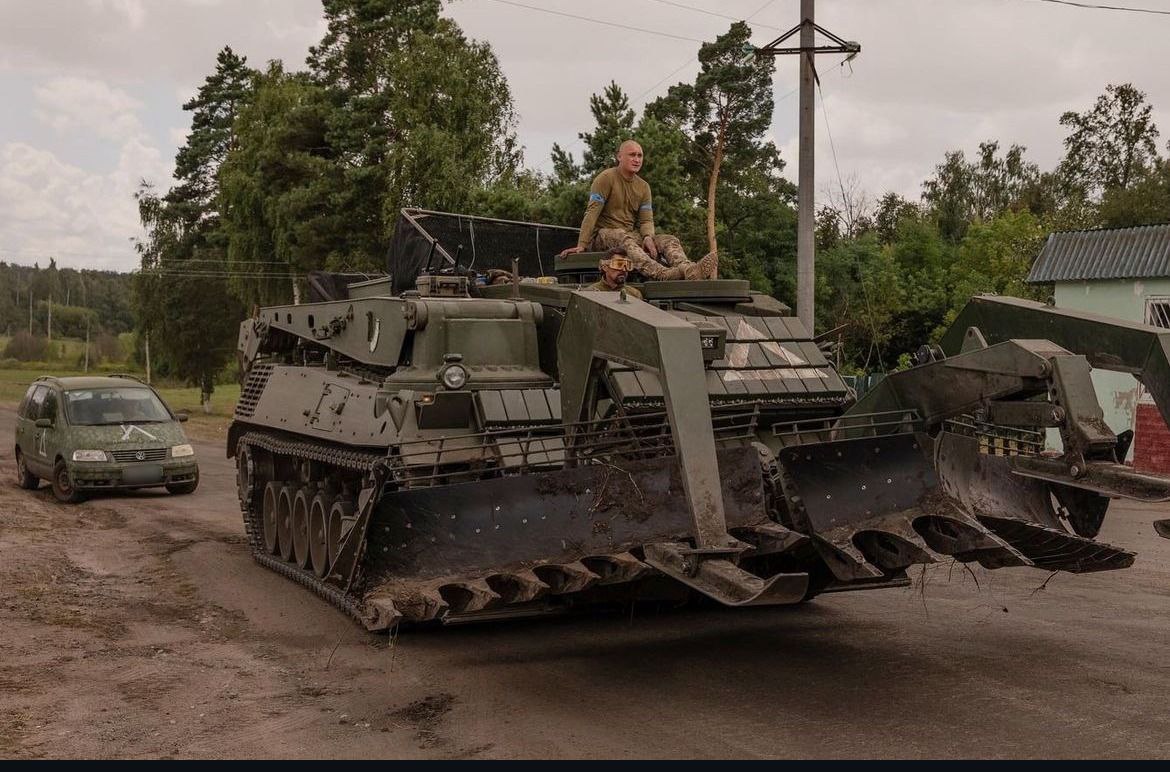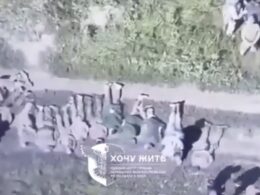Ukrainian forces captured 971 Russian servicemen during the Kursk operation, according to the General Staff of the Armed Forces of Ukraine.
Ukrainian forces launched a surprise cross-border incursion into Russia’s Kursk Oblast in August 2024, initially capturing significant territory and hundreds of prisoners before Russian counterattacks and overwhelming force led to a Ukrainian withdrawal by March 2025. The operation aimed to divert Russian resources, inflict military damage, and gain leverage for negotiations, but reportedly failed to sustain a long-term foothold in Russian territory.
"Defense Forces continuously fill the 'exchange fund' with Russian soldiers and officers to free our people from enemy dungeons," the General Staff reported.
The Kursk offensive operation proved most effective for prisoner captures. Ukrainian defenders took 971 Russian military personnel captive between 6 August 2024, and 25 May 2025, the General Staff stated.
Defense Forces of Ukraine continue active operations in Kursk Oblast, according to the statement.
The General Staff described the Kursk campaign as an unexpected asymmetric move. "A quantitatively superior enemy can only be defeated by unconventional decisions, and the Kursk campaign became exactly such an unexpected and asymmetric move, the success of which is recognized by the world," officials said.
The announcement comes after Ukraine and Russia completed a major prisoner exchange. The countries conducted their first part of a 1000-for-1000 agreement on 23 May. Ukraine returned 390 people, including 270 military personnel and 120 civilians.
Russia returned 307 Ukrainian defenders on 24 May. All were male enlisted personnel and sergeants.
On 25 May, Ukraine and Russia conducted the third part of the 1000-for-1000 exchange. Another 303 Ukrainian defenders returned home.
However, the three-day exchange did not include certain groups. Colonel Denis Prokopenko, commander of the Azov National Guard brigade, said no Azov fighters were exchanged during the three days.
Writer and former Kremlin political prisoner Stanislav Aseyev said that none of the civilians released in the 1000-for-1000 format had been in Russian captivity for eight years.





